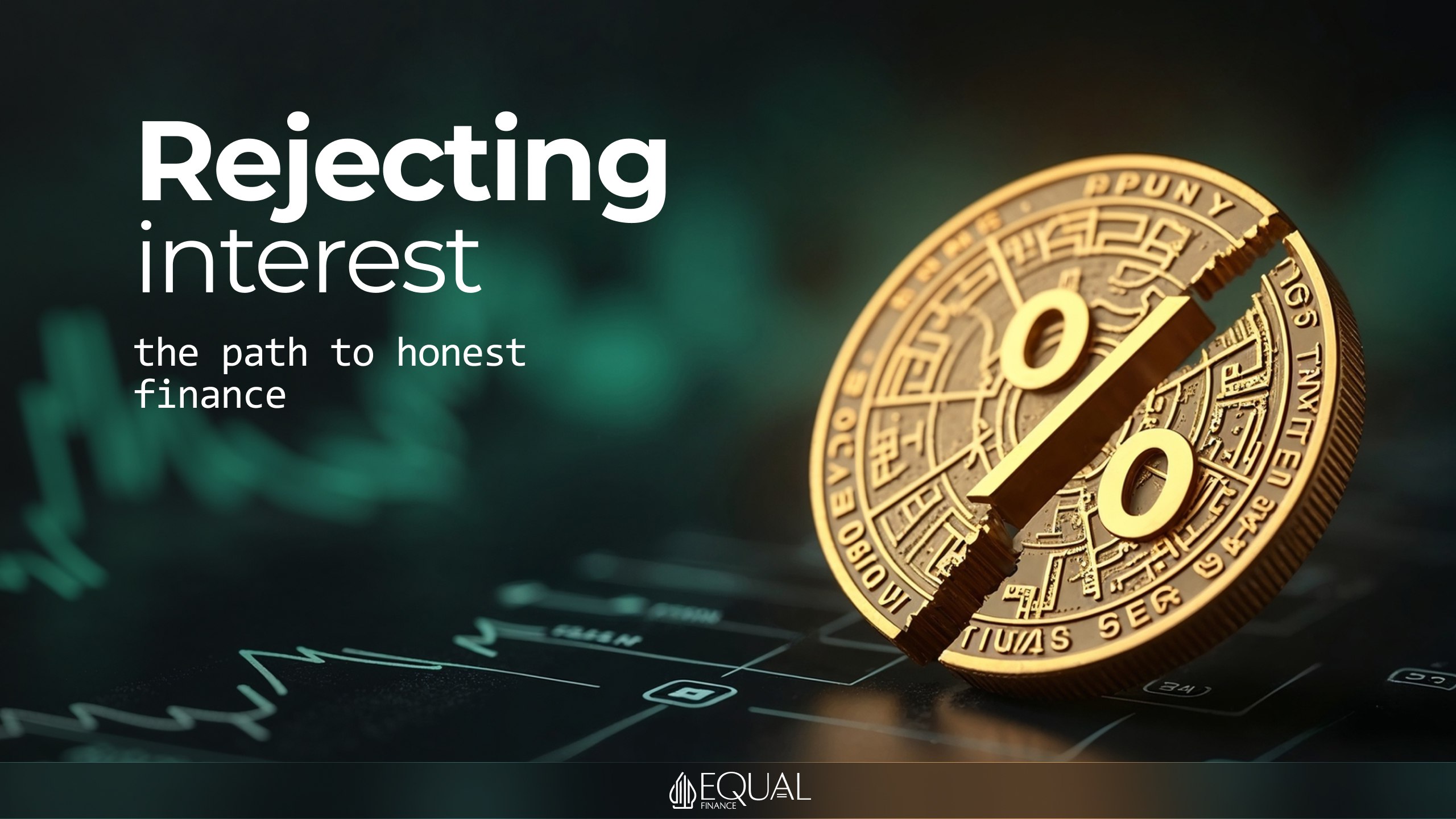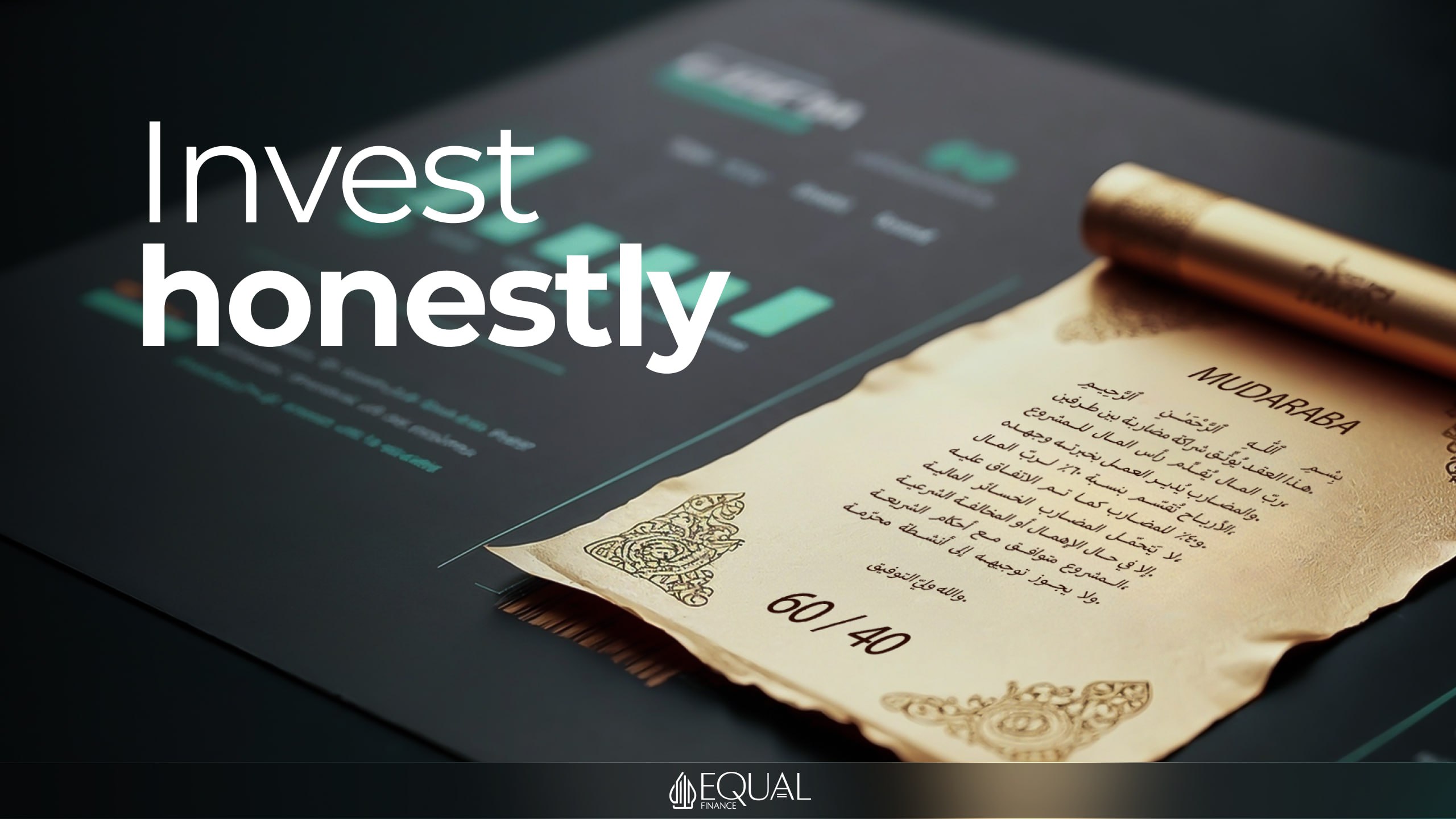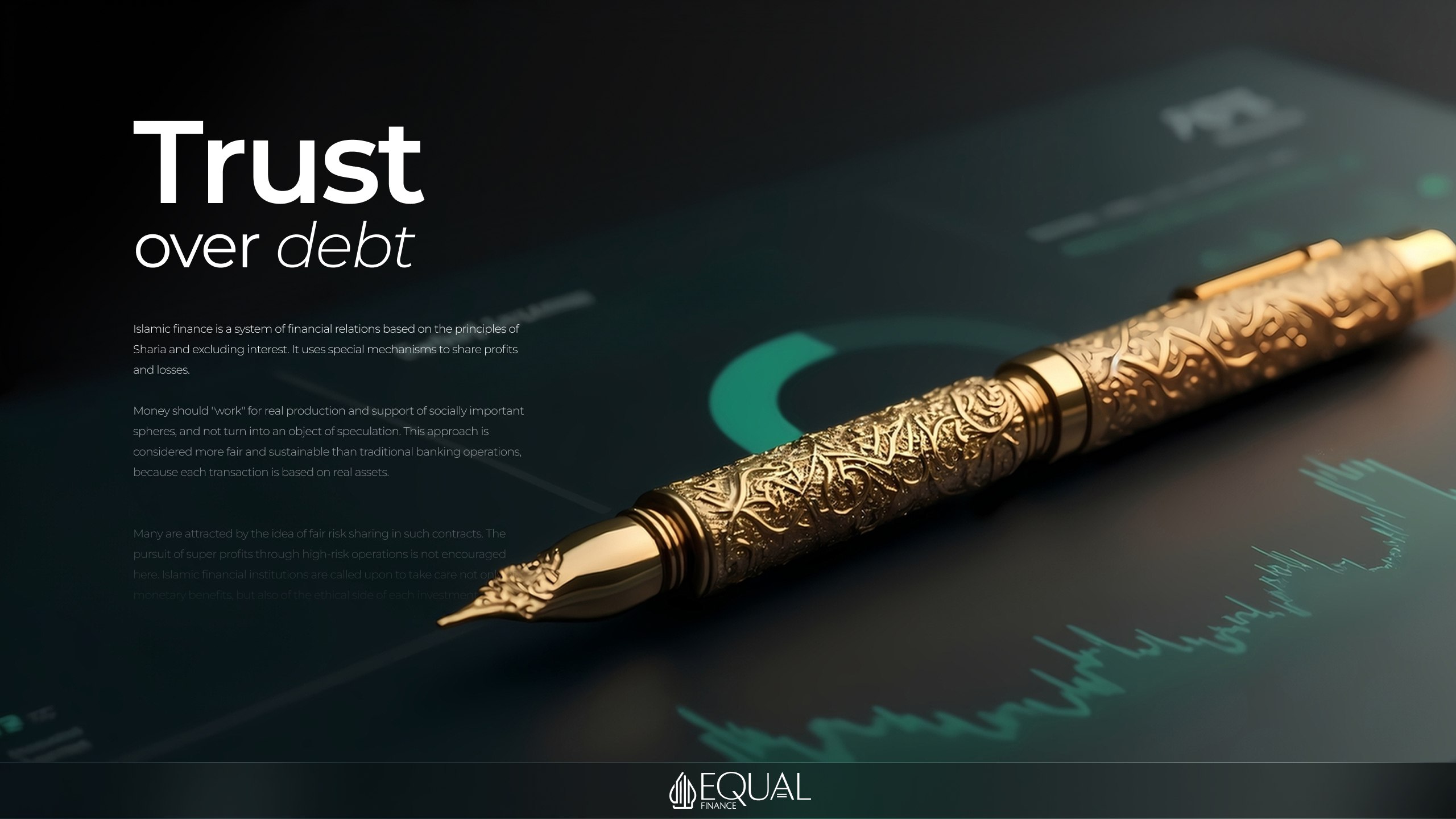The concept of charging or paying interest has long been central to most conventional financial systems. However, in Islamic finance, the practice known as riba—broadly interpreted as usury or unjust increases on loans—is firmly forbidden by Sharia law. The term “riba” stems from Arabic, meaning “increase” or “excess,” emphasizing the idea of illegitimate gain from […]
Метка: Islam
Mudaraba: An Islamic Method of Raising Capital
Mudaraba is a foundational contract in Islamic finance that facilitates the pooling of resources between two parties. One party provides capital (the rabb-ul-mal), while the other offers expertise and managerial efforts (the mudarib). Profits are shared according to a predetermined ratio, and no fixed interest is charged. This arrangement is rooted in Sharia principles, emphasizing […]
What Are Islamic Finances and Why Are They Gaining Popularity?
Islamic finance represents an alternative financial system guided by the principles of Sharia law. It prohibits certain conventional banking practices and requires transparency, ethical standards, and social responsibility. Many people are drawn to this model because it emphasizes fairness, risk-sharing, and a commitment to real economic activities. Unlike some traditional structures, it avoids profiting from […]
Introduction to the Islamic Dow Jones Index
The Islamic Dow Jones Index emerged in response to a rising demand for Sharia-compliant investment opportunities. It filters companies based on Islamic principles, excluding sectors like alcohol, gambling, and interest-based finance. This index has become a global benchmark for ethical investors seeking to merge financial growth with religious guidelines. Since its inception, it has been […]





